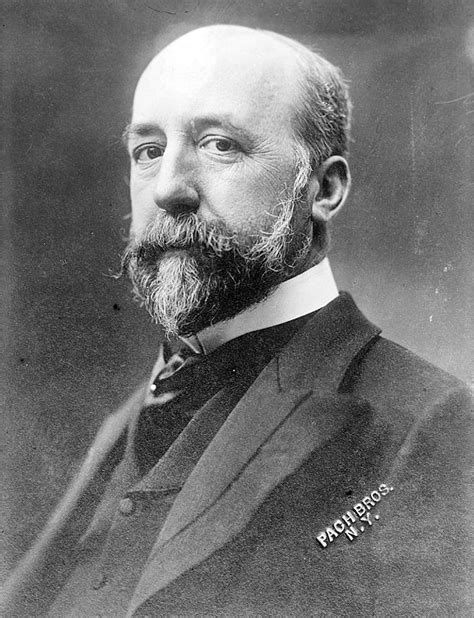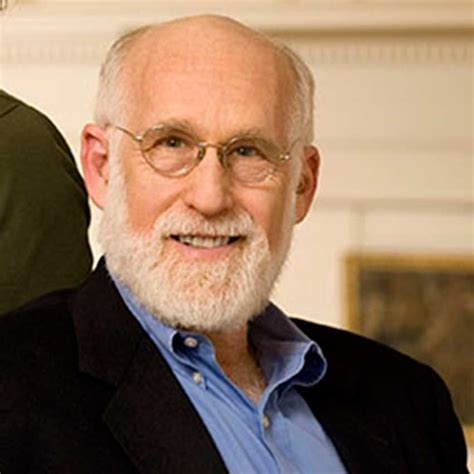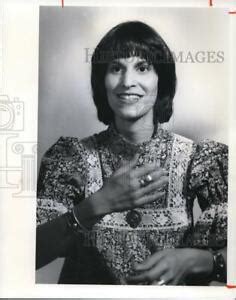A Quote by Jed Mercurio
There's a classic medical aphorism: 'Listen to the patient; they're telling you the diagnosis.' Actually, a lot of patients are just telling you a lot of rubbish, and you have to stop them and ask the pertinent questions. But, yes, in both drama and medicine, isolated facts can accumulate to create the narrative.
Related Quotes
I tell residents, if you gave me two patients with identical problems, and one of them had family at the bedside with a lot of laughter, plus photos and a quilt from home, and next door was another patient who was alone every time I came by - I'm going to be very nervous about the isolated patient's mental status.
The freedom of patient speech is necessary if the doctor is to get clues about the medical enigma before him. If the patient is inhibited, or cut off prematurely, or constrained into one path of discussion, then the doctor may not be told something vital. Observers have noted that, on average, physicians interrupt patients within eighteen seconds of when they begin telling their story.
Sandeep Jauhar specializes in peeling back the veneer, revealing the discomfiting truths of today’s medical world. He is unafraid to dig deeply and honestly, both within himself and within the medical profession. Doctored raises critical questions that twenty-first-century medicine must answer if it is to meet the needs of its patients as well as of its practitioners.
In fiction the narrator is a performance of voice, and it can be any style of voice, but I'm interested in the ways that a voice that knows it's telling a story is actually telling a different story than it intends to. In the way that I can sit here and tell you what I had for breakfast, but I'm really telling you that I'm having an affair, something like that. And I don't think my writing is plain, but I think a lot of my characters are just talking. There is vulnerability there, in that we can start to see through them, we can start to see where they're deceiving themselves.
I just knew I loved music, and I wanted to do something in music, but I couldn't sing, I can't dance, I am an introvert. So I was like, 'What exactly is there for me to do? What can I do?' There's all these questions, there's all these things that are telling you 'no' instead of 'yes.' Those are the things I dealt a lot with, my insecurity.
In our 'don't just sit there, do something' culture, when we get sick we are supposed to become characters in a heroic medical narrative that conceals the remorselessness of pathology, the intractable fact of human vulnerability, and the inevitable inadequacies of medicine. To many of the participants in the medical drama, aggressive treatment - even when it fails - represents a quasi-religious quest for immortality and meaning.
One of the first things we teach medical students is to listen to the patient by taking a careful medical history. Ninety percent of the time, you can arrive at an uncannily accurate diagnosis by paying close attention, using physical examination and sophisticated lab test to confirm your hunch (and to increase the bill to the insurance company).







































